Tsinghua University's Institute for Carbon Neutrality released the 2023 Carbon Dioxide Emissions Report for Emerging Economies
On December 9, 2023, the Institute of Carbon Neutrality of Tsinghua University, the Bartlett School for Sustainable Construction at University College London, and the Academy of Environmental Planning of the Ministry of Ecology and Environment held a seminar on the theme of "Global Emerging Economies Carbon Neutrality Pathway Seminar and Emerging Economies Carbon Dioxide Emission Report 2023 Release" at the COP28 conference held at the Dubai Expo Park. The Emerging Economies CO2 Emissions Report 2023 was prepared by the China Carbon Accounting Database (CEADs) team at Tsinghua University. The CEADs team has long been concerned about the global carbon dioxide emission trend, focusing on countries or regions with huge emission potential, and calculating the basic data of carbon emission research in emerging economies around the world, aiming to provide scientific and technological support for the world to better respond to climate change and meet the opportunities and challenges of carbon neutrality transition, especially South-South cooperation.
Report content
The Emerging Economies CO2 Emissions Report 2023 contains an inventory of 60 emerging economies' CO2 emissions by sector and energy type. In addition, the report also provides carbon dioxide emission inventories for 43 emerging economies by region (provinces, states, federal entities, etc.), focusing on the heterogeneity of carbon emissions between regions within each emerging economy.
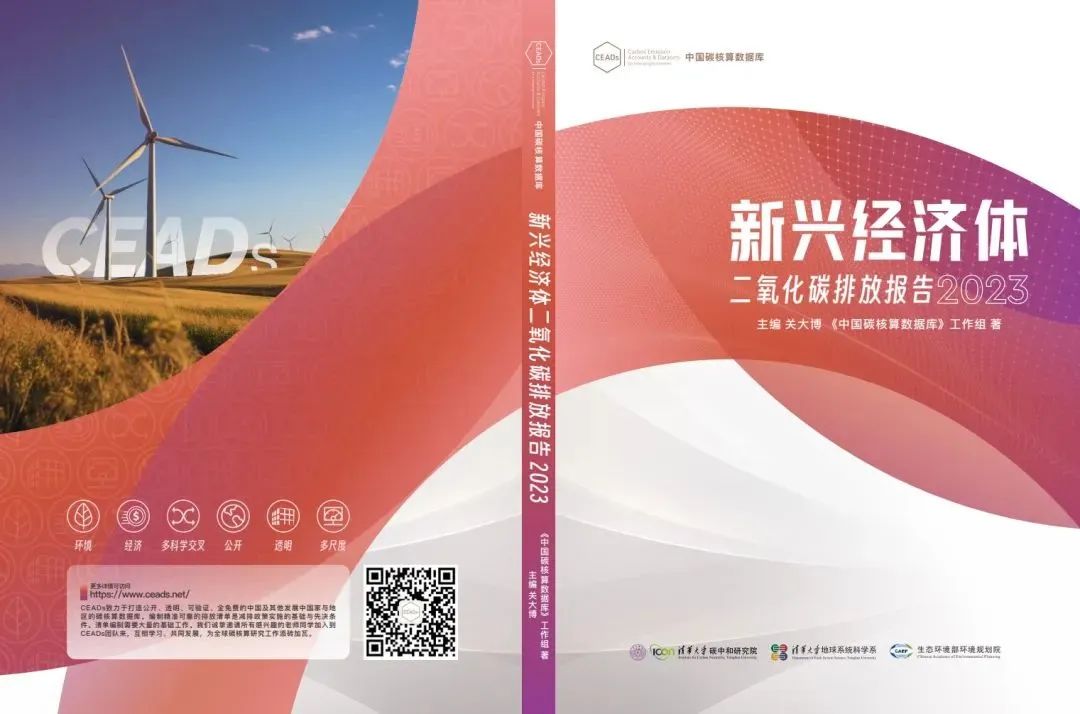
Figure 1 Cover of the Emerging Economies CO2 Emissions Report 2023


Figure 2 Table of contents of the Emerging Economies CO2 Emissions Report 2023
This report discusses in detail the dynamics of carbon emission changes in emerging economies covering Asia, Africa, Latin America, Oceania, etc., and displays all aspects of information such as primary energy consumption structure, fossil energy carbon emission characteristics, and fossil energy carbon emission contribution by industry, and now expands the number of emerging economies to 60, and the time series is updated to 2020, revealing the changes in energy consumption patterns of emerging economies in the past decade and their impact on global carbon emissions.
Report overview
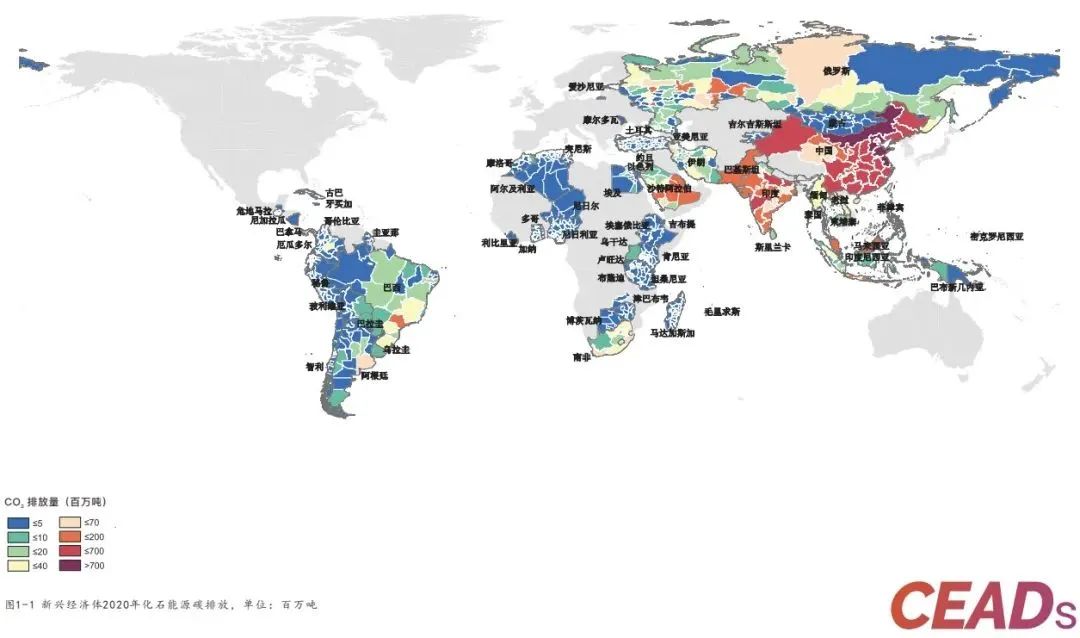
Figure 3 Highlights of the Emerging Economies CO2 Emissions Report 2023
1. Turkey, a typical country in Asia


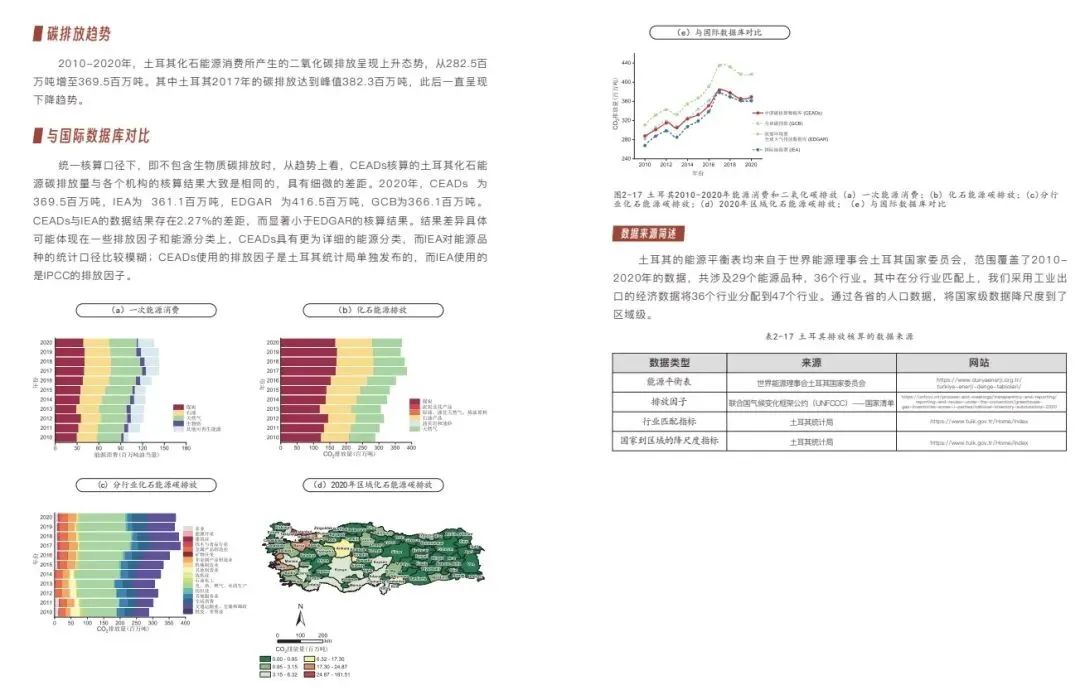
Fig.4 Turkey, a typical country in Asia
2. Morocco, a typical country in Africa


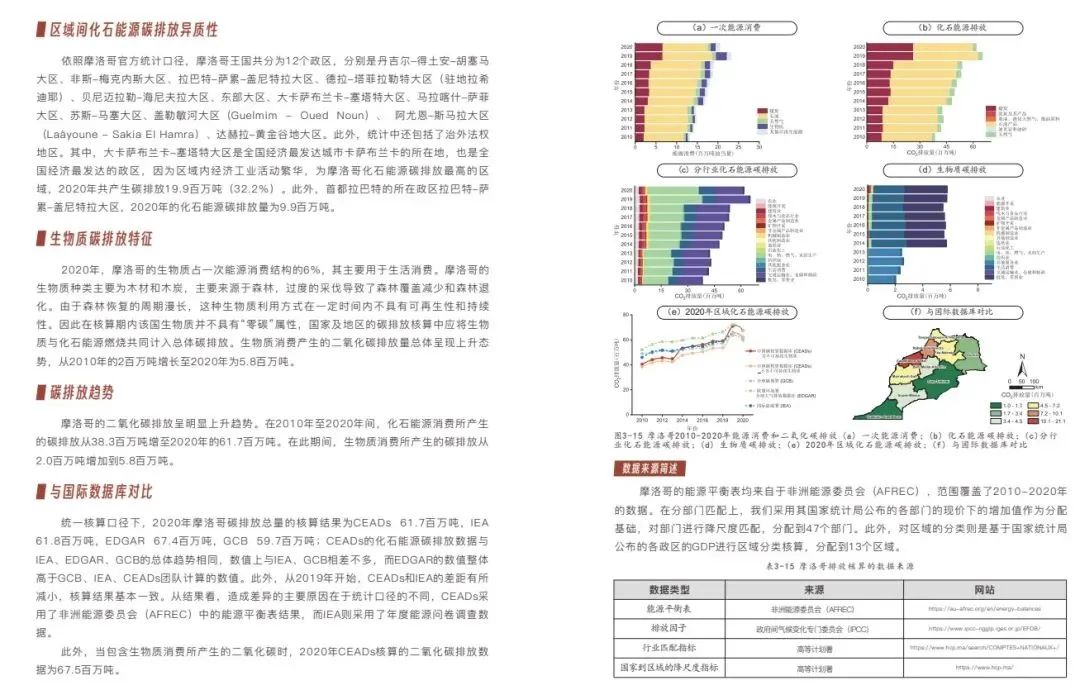
Fig.5 Morocco, a typical country in Africa
3. Typical country in Latin America - Bolivia

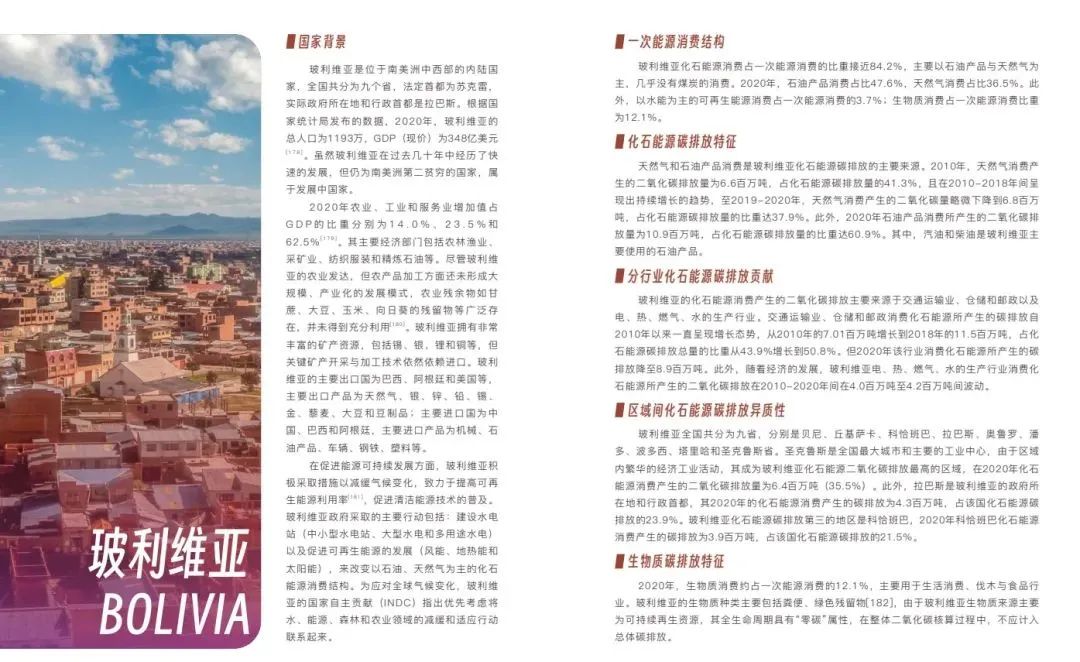
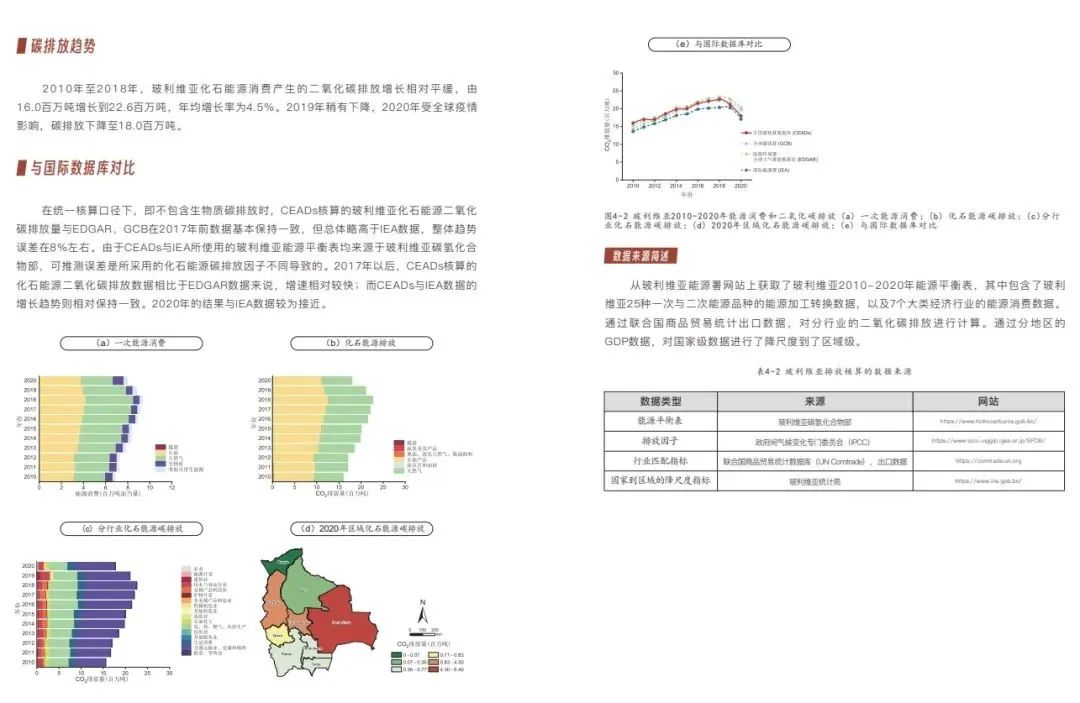
Figure 6 Bolivia, a typical country for Latin America
4. Typical country in Oceania - Papua New Guinea

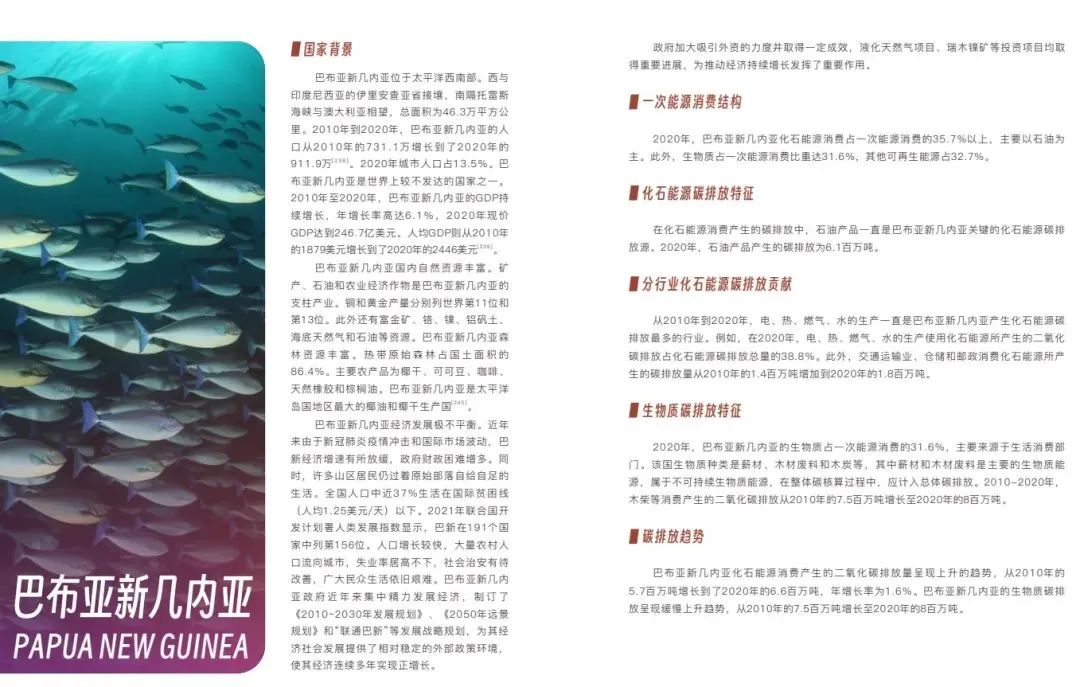
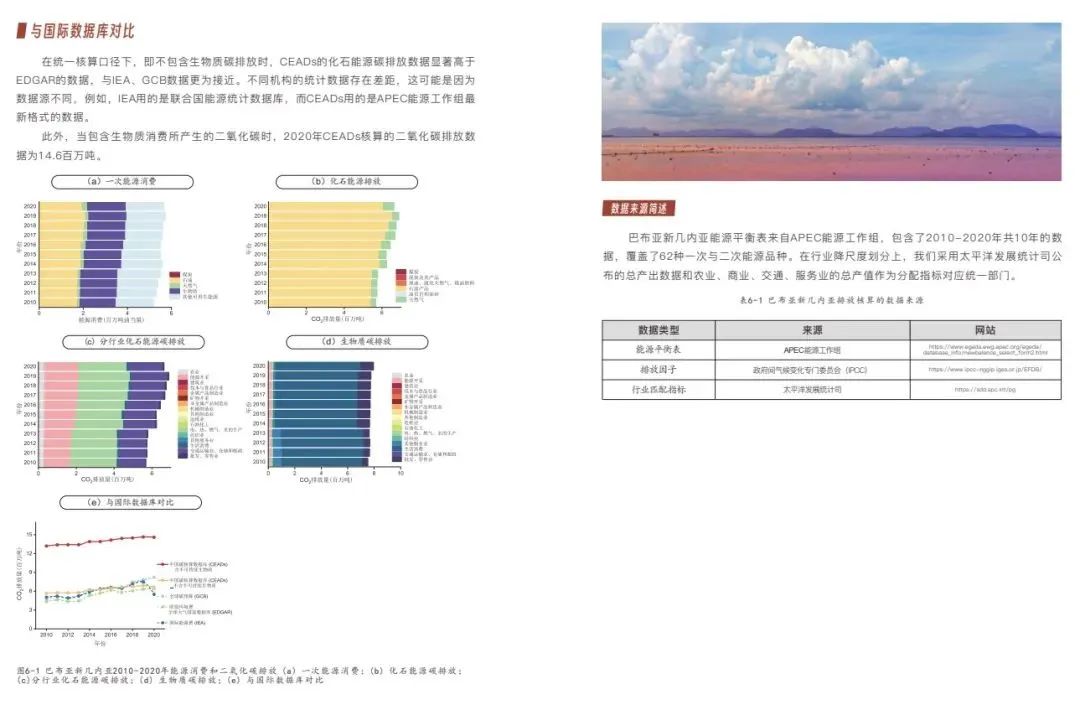
Fig.7 Typical country in Oceania: Papua New Guinea
According to the report, in 2020, countries such as Peru, Bolivia and Uganda showed a downward trend in fossil fuel-related carbon emissions due to the impact of the new crown epidemic. Compared with 2019, fossil fuel-related carbon emissions in Peru, Bolivia and Uganda decreased by 19.3%, 14.7% and 4.3%, respectively, in 2020. For Bolivia, the amount of carbon dioxide produced by natural gas consumption fell slightly to 6.8 million tonnes in 2019-2020, accounting for 37.9% of carbon emissions from fossil fuels. In addition, carbon dioxide emissions from the consumption of petroleum products in 2020 amounted to 10.9 million tons, accounting for 60.9% of fossil energy carbon emissions. Among them, gasoline and diesel are the main petroleum products used in Bolivia. In Turkey, Togo and other countries, fossil fuel-related carbon emissions showed an upward trend in 2020. The production of electricity, heat, gas, and water is the largest carbon emitter from fossil fuels in Turkey. In 2020, the sector generated 138.8 million tonnes of carbon emissions from the consumption of fossil fuels, accounting for 37.5% of Turkey's total fossil energy carbon emissions. It was followed by transportation, warehousing and postal services, which accounted for 22.7% of total carbon emissions from fossil fuels in 2020. Benefiting from policies such as the Belt and Road Initiative, Togo has developed rapid industrialization in recent years, and carbon emissions from electricity production and consumption of fossil fuels have increased from 0.07 million tons in 2010 to 0.61 million tons in 2020. Compared to 2019, Togo's fossil fuel-related carbon emissions increased by 7% in 2020. The report highlights the need for international cooperation in technology transfer, financial support and knowledge sharing, with a particular emphasis on the critical role of South-South cooperation in supporting low-carbon development in emerging economies.
Thematic Seminars

Fig.8 Chaired by Professor Meng Jing of the Bartlett School of Sustainable Construction, University College London, UK
Professor He Kebin, Academician of the Chinese Academy of Engineering and Dean of the Institute of Carbon Neutrality at Tsinghua University, said in his speech that global climate change is one of the major challenges facing mankind, and the Paris Agreement proposes to achieve a balance between anthropogenic greenhouse gas emission sources and absorption sinks in the second half of this century, marking the urgent need for countries to shift to carbon neutrality. In order to gain a deeper understanding of the opportunities and challenges facing the process of carbon neutrality, the China Carbon Accounting Data Team (CEADs) led by Professor Guan Dabo of Tsinghua University focuses on emerging economies that have long been neglected in the field of carbon emissions, and is committed to building a multi-scale carbon emission inventory database in China and around the world. The report not only effectively fills the data gaps in many emerging economies, but also effectively inspires people to pay more attention to the emission reduction efforts of emerging emitting economies, and also reveals the important role that developed countries should play in the process of addressing global climate change. That is, developed countries should not only respect the right to development of small and medium-sized developing countries and provide them with technical and financial assistance to reduce emissions, but also give priority to achieving carbon emission reduction goals. In addition, the report can not only provide scientific and technological support for the construction of carbon emission data systems in countries along the "Belt and Road", promote South-South cooperation in the field of climate change, continue to convey the concept of "sharing and co-construction" of China's carbon accounting database, but also help emerging economies to green and low-carbon transformation, and play an active role in the global governance pattern.
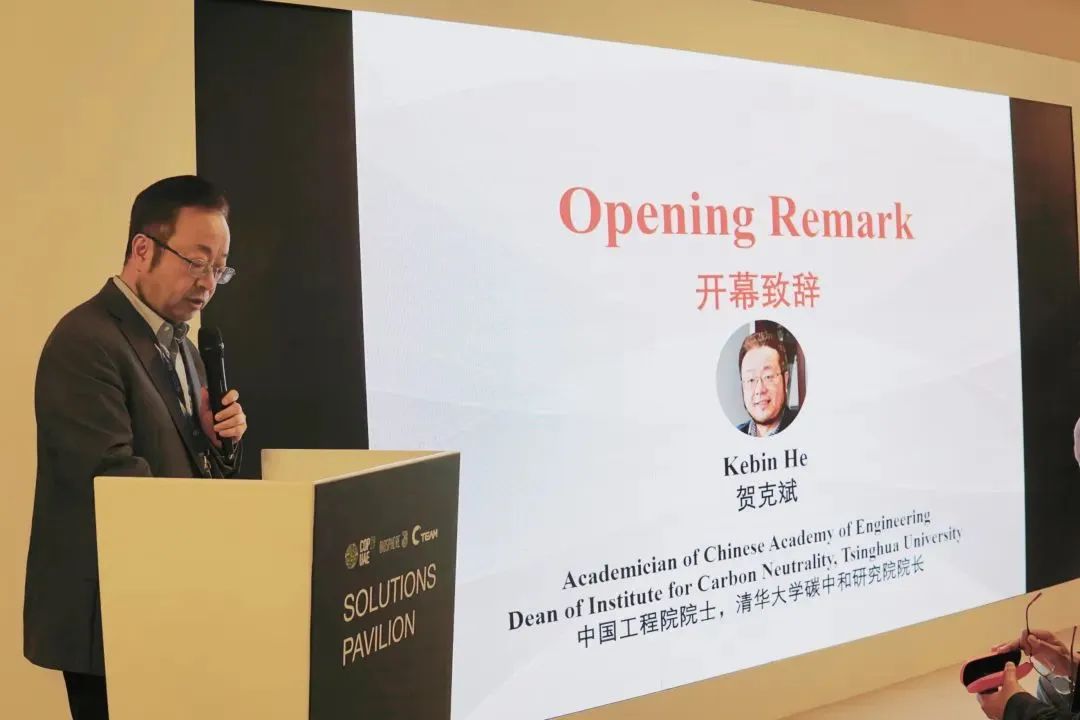
Fig.9 Professor He Kebin, Academician of the Chinese Academy of Engineering and Dean of the Institute of Carbon Neutrality of Tsinghua University, delivered a speech
Guan Dabo, deputy dean of the Institute of Carbon Neutrality at Tsinghua University and chair professor of basic science at Tsinghua University, interpreted the report on the "Emerging Economies CO2 Emissions Report 2023", saying that with the increasingly severe global climate change, a low-carbon economy has become a necessary way for countries to achieve sustainable development. In this context, it is the common responsibility and mission of all countries to continuously promote the transition to a low-carbon economy. To this end, we are publishing this report to provide the latest data and analysis on the energy mix and CO2 emission characteristics of emerging economies, so as to support policymakers, researchers and the general public to understand the new dynamics and trends of carbon emissions in emerging economies for better planning and decision-making. At the COP26 (Glasgow) and COP27 (Egypt) summits, the team has successively released the CO2 emission reports of emerging economies in 2021 and 2022, and has presented the carbon dioxide emission inventory and analysis of 50 emerging economies in detail. This year, the report further compiles the CO2 emissions inventory of 60 countries from 2010 to 2020. The report points out that despite the rise in fossil fuel-related carbon emissions in countries such as Togo and Turkey during the 2020 pandemic, there is still room for small and medium-sized emerging economies with rapid growth in CO2 emissions to optimize energy intensity to reduce emissions, and more aggressive efforts to reduce emissions need to be stepped up. At the same time, it calls on developed countries to provide economic and technical support to emerging emitting economies to help their economic development and respond to climate change, so as to achieve carbon reduction, zero carbon and carbon negative as soon as possible.
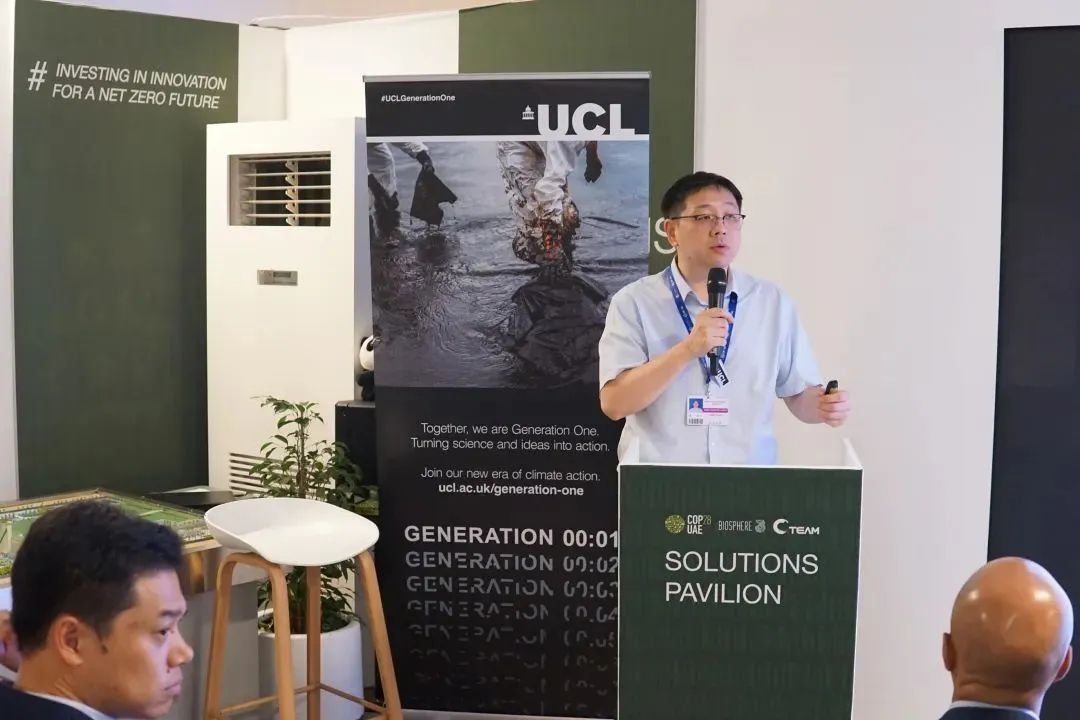
Figure 10 Guan Dabo, Vice Dean of the Institute of Carbon Neutrality of Tsinghua University and Chair Professor of Basic Sciences of Tsinghua University, interpreted the report
The roundtable discussion was moderated by Yu Xiang, Director of the Climate Change Economics Research Office of the Institute of Ecological Civilization of the Chinese Academy of Social Sciences, Professor Michael Grubb, Associate Dean of the Institute for Sustainable Resources, University College London, Professor Yacob Mulugetta, Professor of Energy Development Policy, University College London, Professor Mark Maslin, Department of Geography, University College London, Professor Yang Lei, Vice Dean of the Institute of Energy Research, Peking University, Associate Professor Shan Yuli from the School of Geography-Earth-Environment at the University of Birmingham and Dr. Liu Wei, Head of ESG Strategy at Alibaba Group and Sustainability Scientist at Luohan Hall, had an in-depth discussion on the importance of basic data and its importance to international trade and South-South cooperation.
In his remarks, Professor Michael Grubb emphasized the centrality of basic data in driving sustainable development and developing effective policies. He stressed that accurate and comprehensive data is essential to better understand countries' progress in the energy transition. Particularly in the context of growing South-South trade, the detailed data provided in this report can be combined with international trade data to significantly support the sustainability of South-South cooperation. In addition, he highlighted the unique value of data in revealing and mitigating the economic impacts of climate change.
Professor Yacob Mulugetta from Ethiopia spoke highly of the accounting of emissions data from African countries covered in the report. He noted that detailed accounting of carbon emissions effectively fills the data gaps in many less developed countries and provides key support for gaining insight into the specific composition of energy emissions in African countries. Professor Mulugetta also expressed his appreciation for the data crowdfunding model adopted in the report, and hoped that this model would be extended to more countries to promote knowledge sharing and collaboration on a global scale.

Figure 11 Roundtable discussion
Professor Priti Parikh, Dean of the Bartlett School of Sustainable Construction, University College London, UK, made a concluding speech. She said that the "Emerging Economies Carbon Dioxide Emissions Report", which has been released for three consecutive years, is the result of the cooperation between Tsinghua University and University College London, and the joint efforts of China and the UK to help developing countries achieve carbon neutrality. In the process of tackling climate change and advancing the climate goals of various countries, we should strengthen multi-party cooperation and move forward hand in hand. In addition, Professor Priti Parikh also put forward suggestions and prospects for the future carbon emission reporting of emerging economies.

Fig.12 Professor Priti Parikh, Dean of the Bartlett School of Sustainable Construction, University College London, UK, concluding remarks
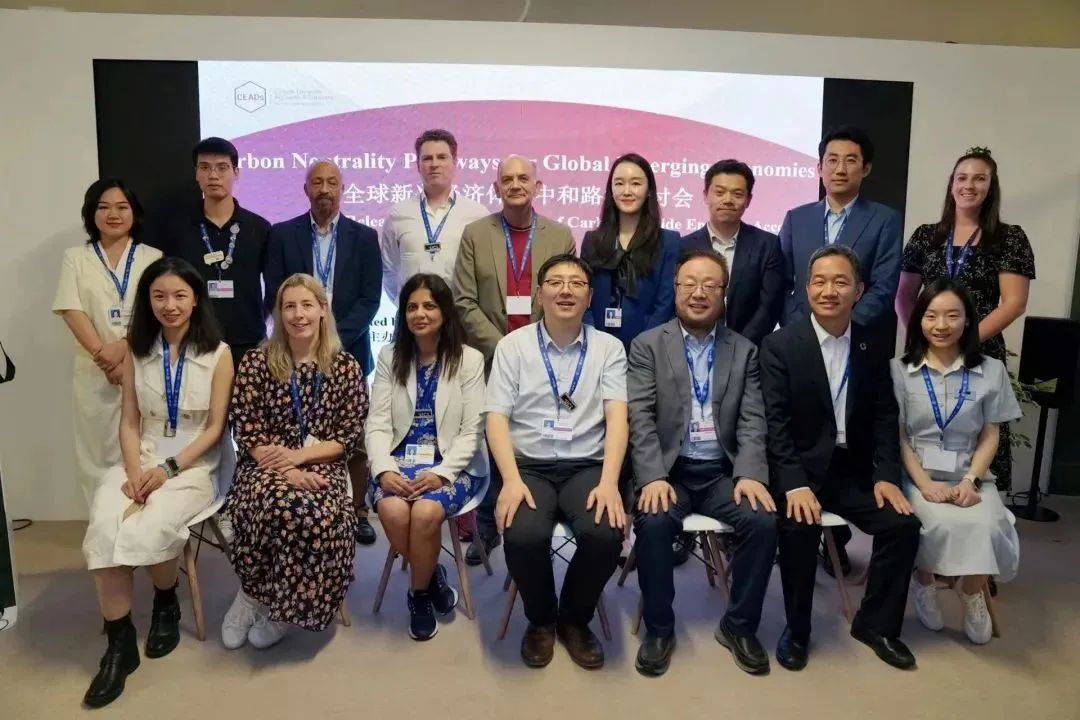
Figure 13 Group photo of team members of the organizer and supporting units







